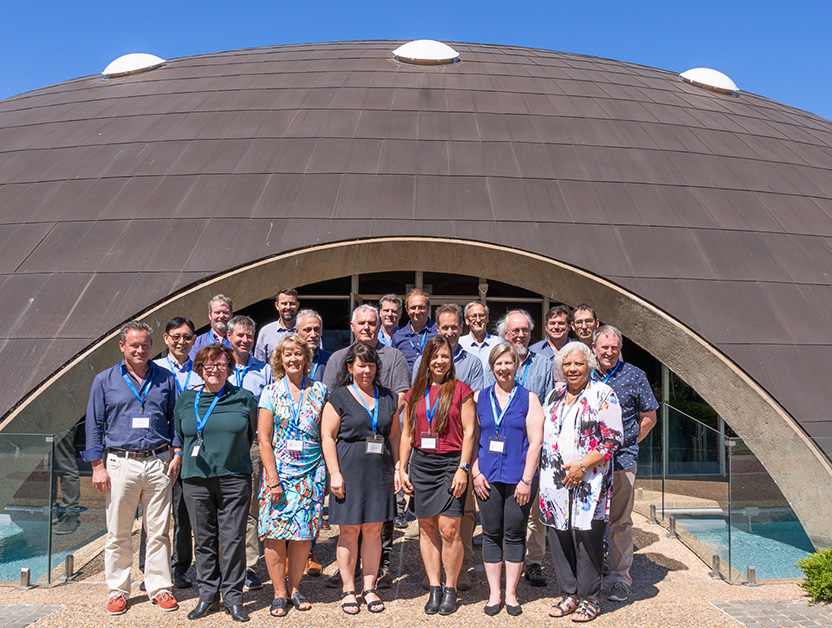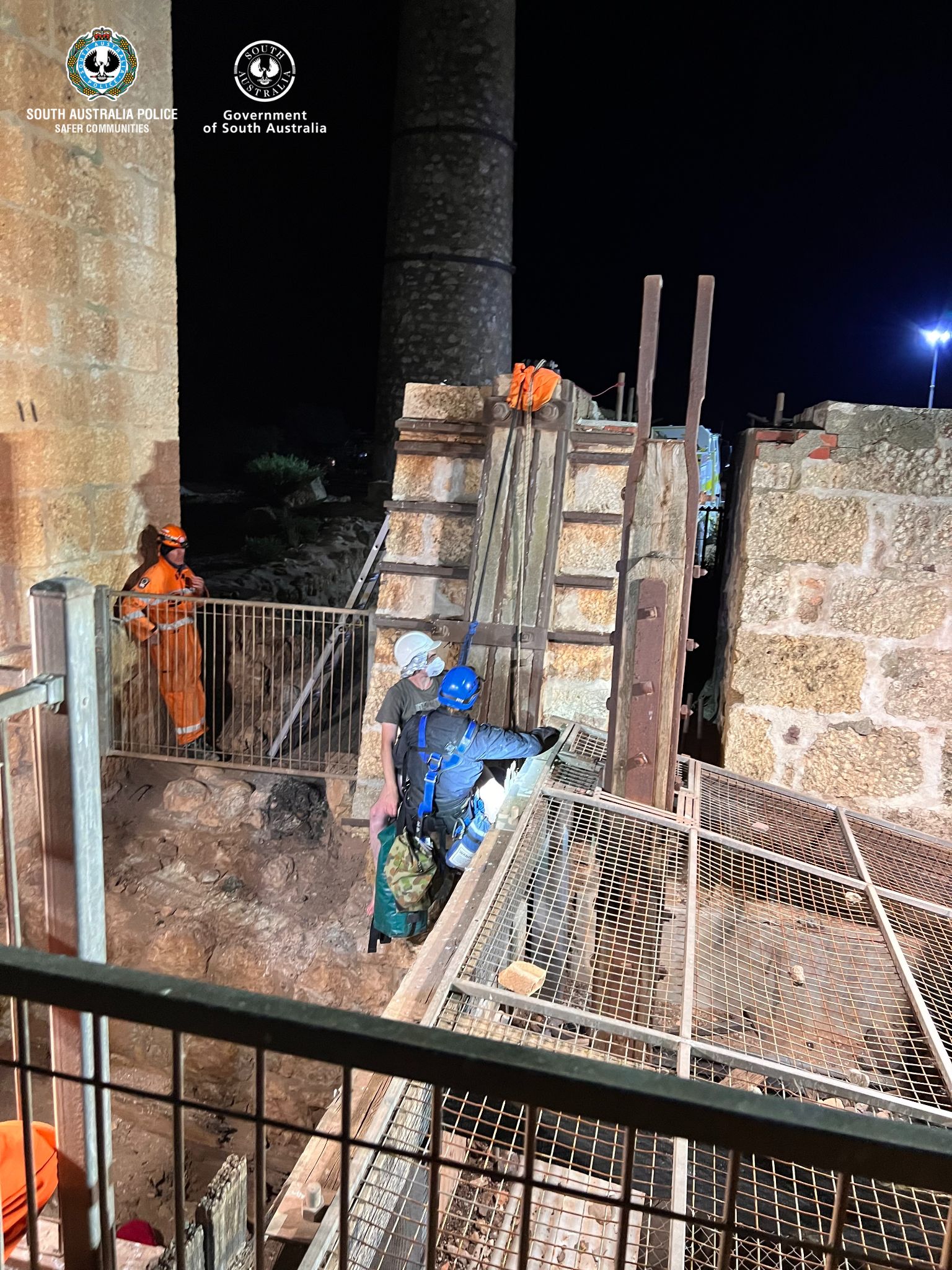
The Australian Academy of Science has hosted the first of three expert roundtables to inform a synthesis report, to be delivered later this year, on the likely impacts of climate change on the Great Barrier Reef.
The Department of Climate Change, Energy, the Environment and Water engaged the Academy in January to convene the roundtables and deliver a synthesis report to support the Reef 2050 Independent Expert Panel‘s advice to government.
The 26 experts at the first roundtable included ecologists, climate scientists, Traditional Owners and oceanographers, among those from other fields of expertise.
The first roundtable focused on the health and functioning of the Great Barrier Reef in the face of current climate impacts and the climate impacts that may be anticipated in the medium-term future (2040 – 2060) under low and high emission scenarios.
Participants discussed the differential impacts of climate change on marine and terrestrial species groups, habitats, ecosystem values and processes in different climate futures.
These impacts were explored to determine which are key to the overall functioning, health and resilience of the Reef, which are most vulnerable and where gaps in knowledge exist.
Traditional and local knowledges are key components of understanding Australia’s ecosystems and a key feature of each of the roundtables.
This holistic approach ensures that the comprehensive ecosystem of the Great Barrier Reef is instilled throughout the proceedings.
The second roundtable will build on the issues that arose from roundtable one and will explore the existing and emerging interventions that could be used within these plausible future climate scenarios.
The Academy will invite experts to provide diverse knowledge and relevant expertise to each roundtable.
The final roundtable will collate the findings of roundtables one and two and integrate these with additional social and cultural context.
The final report will outline the outcomes of the roundtable process to present to the Independent Expert Panel for their consideration. The final report will be made publicly available as a resource for governments and the non-government sector.








